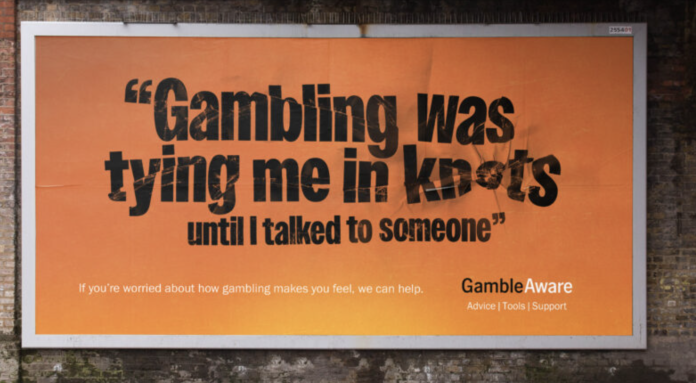GambleAware has announced that more than 100,000 people have used its new online self-assessment tool to manage the impact of gambling harm.
Of these, the charity reported that around 28,000 contacted the National Gambling Helpline – on the phone or the live chat tool – for additional support and information from a trained advisor.
Launched in April 2023, more than 8,000 professionals across other sectors have been trained to identify the signs of gambling harm, as part of a comprehensive approach to prevention.
Zoë Osmond, CEO of GambleAware, commented: “The figures released today underscore the critical role third-sector services play as part of a whole-system-approach to addressing gambling harms.”
Notably, the uptake of the online tool also aligns with a 20% rise in individuals receiving support through GambleAware-commissioned National Gambling Support Network (NGSN).
Osmond added: “As we approach the Government’s planned announcement around the structure of the new system, it’s imperative a comprehensive prevention-led approach is prioritised.
“This includes increased investment into free, confidential support services, educational initiatives, public health campaigns and digital resources, which allow for a tailored approach for all communities across Great Britain who need our support.”
The tool was released to align with the launch of GambleAware’s stigma campaign ‘Let’s Open Up About Gambling’.
This initiative reached almost 30 million people as part of a coordinated drive to reduce barriers in accessing support and treatment services, with over 50% taking proactive steps to prevent gambling harm.
Alexia Clifford, Chief Communications Officer at GambleAware, noted: “We are encouraged to note the impact of this important campaign – with more than half of our target audience (56%) responding by taking proactive steps, such as reducing gambling, monitoring activity3, and engaging in open discussions about their concerns.
“These figures show the critical importance of prevention and early intervention in safeguarding individuals from the harms of gambling.”
The past year has also seen a record 24% rise in calls to the aforementioned GambleAware-commissioned National Gambling Helpline.
The organisation asserted that this points to ‘growing demand’ and a ‘pressing need’ to prioritise a holistic response to address societal impact of gambling, including investing in grassroots education and training to help address gambling harms within the local communities.
Laura Mallis, Project Coordinator for Citizens Advice Scotland Gambling Support Service, shared that at the company, she has witnessed firsthand the profound and diverse impact gambling harms can have on clients.
She concluded: “The training and upskilling our advisers and volunteers have received from the Gambling Support Service has transformed our response and equipped us with the ability to recognise relevant signs and offer more meaningful support.
“It’s sobering to realise how deeply these issues affect individuals, extending far beyond finances into their mental health and relationships. We’re truly grateful for this partnership with GambleAware, as it enables us to make a real difference in the lives of those who need it most.”



























